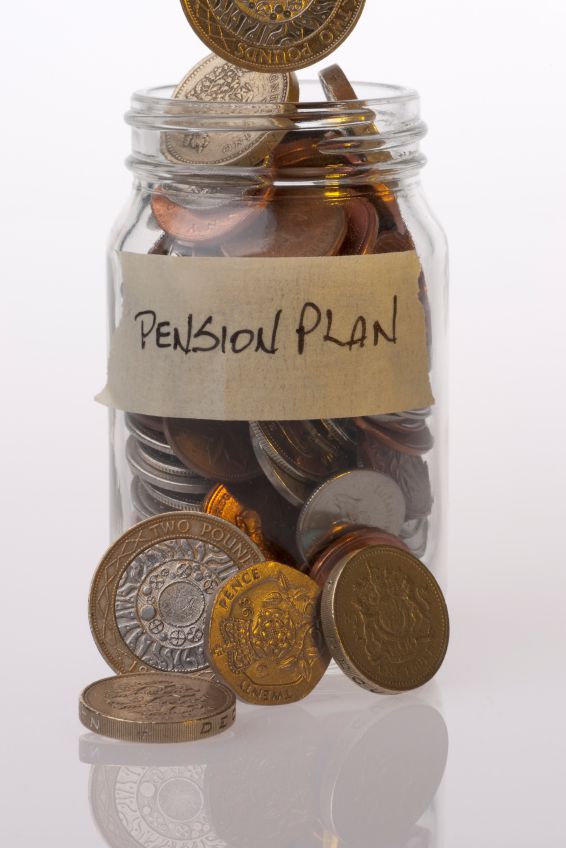News
The ‘use it or lose it’ pension opportunity for high earners

As we approach the end of the tax year, there are a few ‘use it or lose it’ opportunities. EQ Investors’ head of technical Dan Atkinson outlines one for higher earners to consider.
We are about to enter the forth tax year of having the Tapered Annual Allowance for pensions. It’s not quite a use it or lose it allowance, as you can carry forward unused allowances from the three previous tax years – provided you have been a member of any pension scheme that year.
So, up to Friday 5 April 2019 we still have one year of ‘pre-tapering’ allowances to look at. High earners who have had their annual allowance for pensions tapered for the last three years have until the end of this tax year to ‘use or lose’ any unused allowance from 2015/16.
How to work out what allowance you have left
In 2015/16 pensions were transitioning to all be measured in line with tax years. As a result, the year was split into two mini-years – with the first ending on 8 July 2015. The timing of your contributions and something called the ‘Pension Input Period’ for your scheme are particularly important.
This is the period of time that is used to measure contributions or benefits accrued which is then applied the annual allowance. The first mini-year had an £80,000 allowance of which up to £40,000 (if unused) could be used in the second half.
With this in mind, it is important to consider what is left over from this second half of 2015/16, as this is still available. So if you paid in £25,000 before and after 8 July 2015 you would have £15,000 of allowance left. If you paid in £50,000 before and £25,000 after, you would have £5,000 left to carry forward.
What should you do?
For people earning over £210,000 it’s normally clear that your annual allowance has reduced to £10,000.
However, for those in the £110,000 to £210,000 bracket it can be a lot more complicated. You should seek advice to determine what your allowance is this year and look back at the previous three to determine what carry forward you have – if any.
It’s worth watching out for two curve balls which a financial planner should already watch out for:
- Lifetime allowance – Some, but not all high earners will have accrued lots of pension benefits. You should check whether carrying forward allowances will cause you to exceed your allowance. This isn’t always a bad thing (the numbers can work), but it’s better to know the situation first.
- Money Purchase Annual Allowance – Since the introduction of Pension Freedoms on 6 April 2015, if you take income ‘flexibly’ from a pension (i.e. not just tax-free cash) then you will be subject to this allowance. You won’t be able to carry forward and you will only be able to contribute £4,000 to defined contribution pensions (e.g. personal pensions or group personal pensions) each year.
If you go over your allowance, and run out of carry forward, it’s not the end of the world. The excess is added to your taxable income and taxed at those rates.
You can pay the tax personally (and leave the money in the pension) or most of the time you will be able to use the pension to pay it for you.